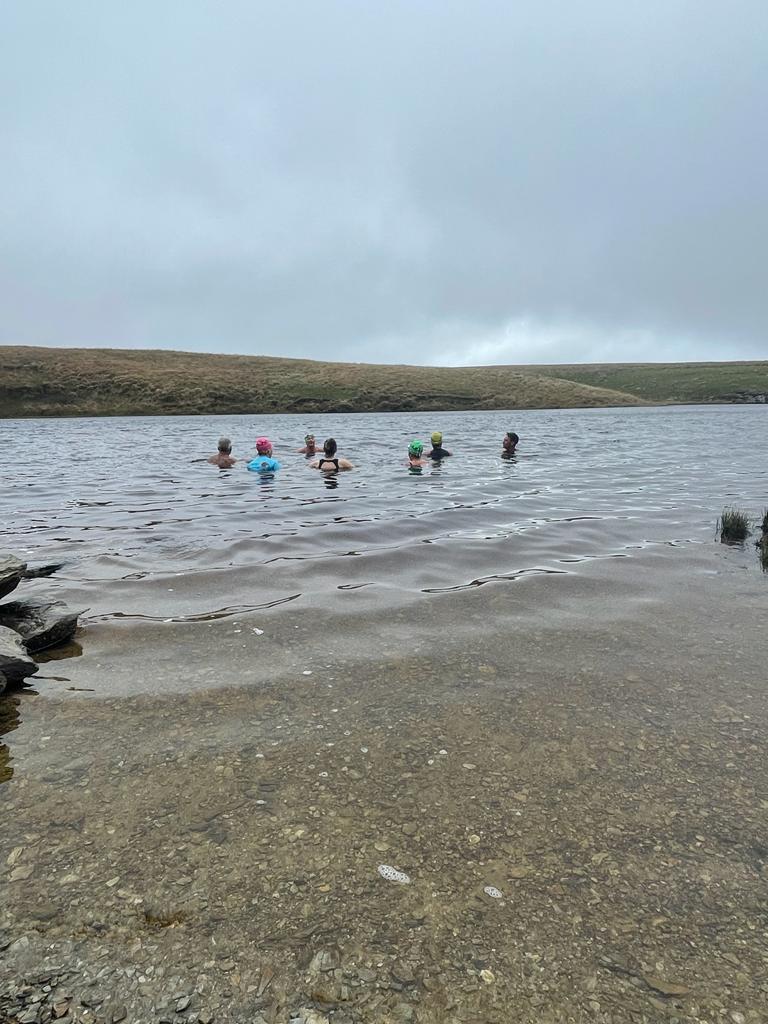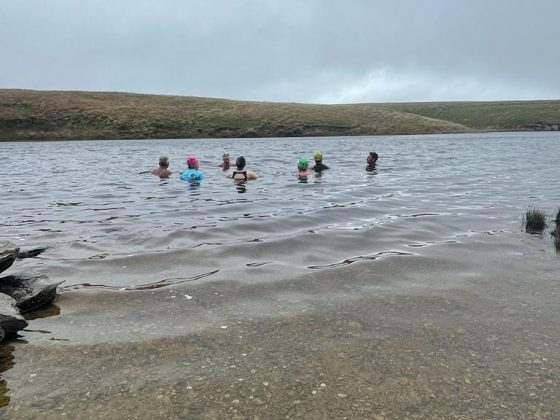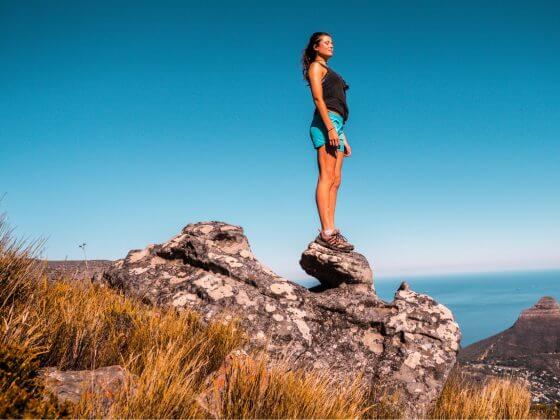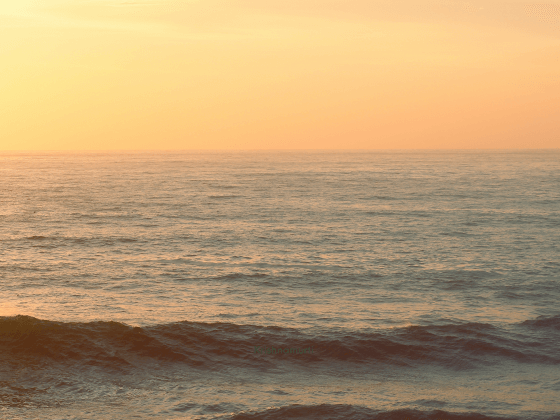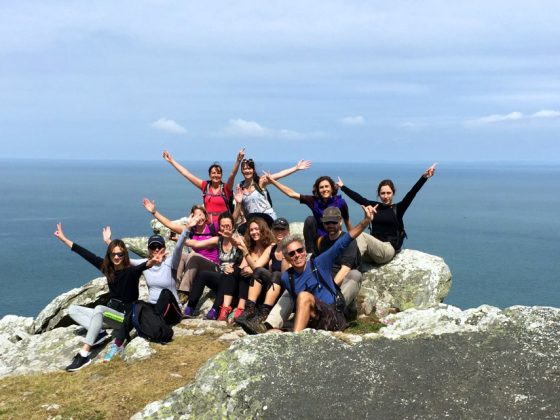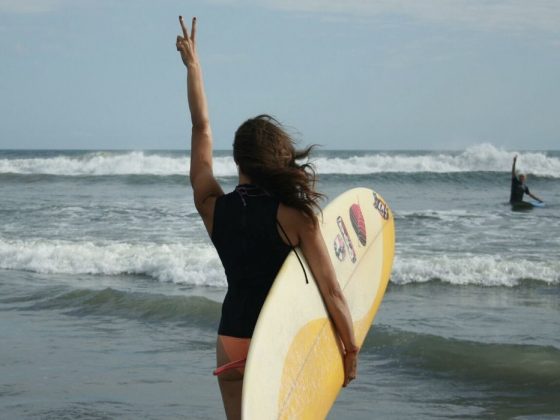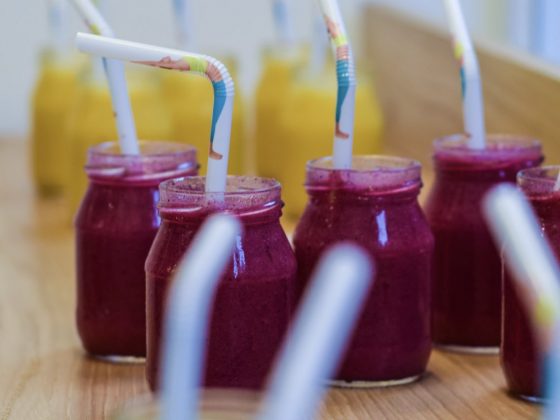Are you one of those people that says “I hate cold water”, “I couldn’t think of anything worse than doing that”, “It’s my worst fear” or “I’m never going to do it.” Well so am I…..or should I now say, so was I.
As a long term Raynaud’s sufferer and spending my formative years in the Middle East, being cold is a very real dislike and quite honestly, a very real fear of mine.
I’ve spent the last few years observing many of my friends partaking in surfing here in the UK, cold water swimming, taking cold showers and installing ice barrels in their gardens. It’s left me quite bemused, questioning their sanity to be quite frank but also, strangely curious to understand a little bit more about why they are so called to do it and why on Earth they keep going back for more!
In undertaking my own healing journey in the past few years and often being a bit sceptical, I’m intrigued by many different modalities but with a real need to understand the science and reasoning behind why they benefit us.
Starting a new role at Yeotown Health Retreat in North Devon has not only felt in complete alignment with my values and personal journey, but has also since fast been proving to be a complete eye opener with regard to the science and benefits of cold water therapy.
Along with so much more, Yeotown has its very own cold water tub on site and hosts special collaboration retreats as part of its ‘Complete Well-Being’ offer to those wishing to increase their vitality and expand their awareness, both physically and emotionally. Yeotown cares for its team as much as for its guests and so to that end, the question was posed recently that we should all experience the cold water tub so as to be able to understand, have affinity with and guide our guests through. Having watched a few immersion sessions with Yeotowns very own cold water therapy expert, Paul Irwin, we felt ready as a team to finally say yes and use the coaching we’d heard the guests being taken through. I’m still astounded I even said yes but I’m not one for letting my fears go unfaced and so it was time, and to be honest, I’m not sure a more perfect and tranquil setting exists to have done it in!
Dr Mark Harper, anaesthetist and cold water specialist, who is hosting one of Yeotown’s collaboration retreats “THE COLDWATER IMMERSION EXPERIENCE WITH DR MARK HARPER”, is also the author of his book: Chill – The Cold Water Swim Cure.
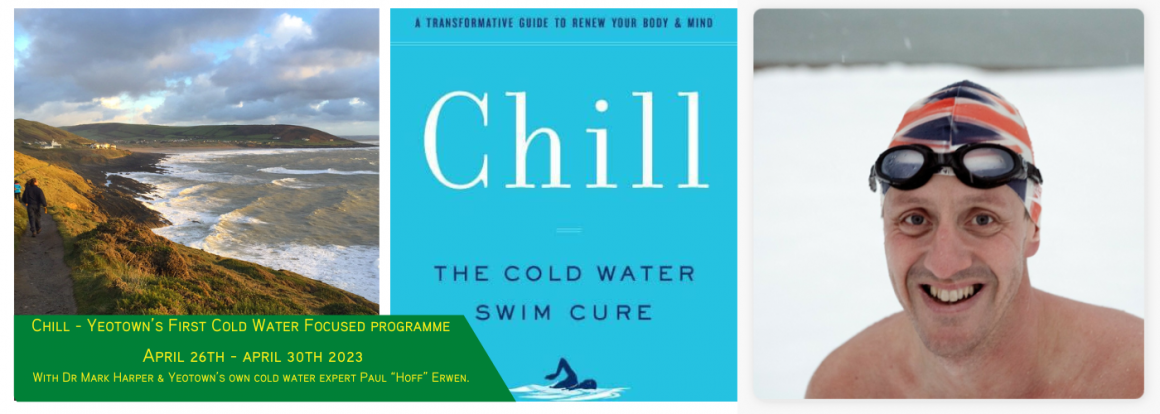
Using his expertise and knowledge surrounding the subject, I was inspired to highlight the top 5 science facts of cold water therapy and the top 5 benefits of cold water therapy for those of us who are intrigued but perhaps not yet convinced.
Top 5 Scientific Facts of Cold Water Therapy
- In a water temperature of 20°C/68°F, the skin vasoconstricts completely, meaning that the blood vessels in the skin shut down to insulate the body. Our heart rate increases and our blood pressure increases also. This is due to the secretion into the bloodstream of adrenaline (the hormone that prepares the sympathetic nervous system to fight or flee) and noradrenaline (an organic chemical created in nerve endings to help you stay focussed and alert).
- Cold water has a dramatic effect on our breathing too as it stimulates a large involuntary inspiratory gasp. The breath being one of the only aspects to work on to remain control over, within the body’s function.
- The chambers of the heart then stretch, notably the atria (the uppermost chambers) and this results in ‘atrial natriuretic peptide’ hormone release. This tells the kidneys to offload water, which fills the bladder and leaves you with the uncomfortable feeling of needing to urinate.
- The body’s primary aim in these situations is to keep the ‘core’ warm and within a narrow optimal temperature range and so in cold weather or water, blood supply to the ‘peripheral’ parts of our body is reduced or cut off to protect the most important functioning parts, safe.
Dr Mark Harper views this aspect in line with his knowledge of his role as an anaesthetist and in this article he has this to say:
“When surgery patients are under anaesthesia, however, this insulation system breaks down because anaesthetics block the parts of the nervous system that help regulate body temperature. This causes the core to become hypothermic, or too cold, and the body’s vital organs stop functioning at an optimal level. This is hardly great under normal circumstances, but following the stress of surgery, it can have serious consequences. This is why anaesthetists like me use specially designed hot-air blankets to warm patients throughout their operation.
However, as I read more about the physiological response to cold water immersion, it kept reminding me of the body’s physiological response to surgery. This makes sense because both are evolutionary stress responses. As such, the body reacts to these challenges in the same way it reacts to any other kind of stress, whether we’re going under the knife, getting chased by a sabre- toothed tiger, or running late for an important appointment.
While this stress response has evolved to protect and heal us, following surgery it overreacts, which can exacerbate the adverse effects of hypothermia. This led me to wonder if, by teaching the body how to adapt to the stress of the cold through cold water swimming, it would be possible to reduce the stress reaction in patients undergoing surgery to a “physiological” rather than “pathological” level—and thereby reduce the risk of complications. The more often the body is exposed to cold temperatures, the less intensely the body responds to this exposure and stress as life-threatening.”
- Ultimately, by linking the similarities of the body’s response to anaesthesia and cold water exposure, the concept of hormesis has been identified. Hormesis is an adaptive response of cells and organisms to moderate and intermittent stress. Dr Harper says: “high doses of any substance, including water and oxygen, are potentially toxic and even lethal, but exposure to low doses can be good for us because they promote resistance and resilience.”
A good example of this is strong sun exposure. Too much and we risk sunburn and melanoma but just enough and at low levels is essential for Vitamin D production, boosting immune function, a support to good heart health, improved sleep and even resistance to cancer.
Thanks to hormesis, cold water therapy is “an ideal environment in which a person can experience – and grow accustomed to – moments of stress.”
In understanding the science of what is happening within us, it is now much easier perhaps, to understand the many benefits to our overall health. It’s also now, much more widely known, how the intricate links between the many delicately balanced physiological and psychological functions within our bodies play out. Using this knowledge to our advantage, we can begin to look further than the default ‘sticky plaster’ medicine approach we have often come to rely on for our well-being. We should now perhaps be looking to see what we can support our bodies with from the root cause and begin healing from the inside out.
Top 5 Benefits of Cold Water Therapy on the Body
- Stress-induced resilience of many kinds such as, faster wound healing, the slowing of age related degeneration in the brain and other nervous tissue, muscle and bone. It also contributes to improved and regulated gut microbiome health and this is highly important in our overall health as a large majority of the body’s primary functions are generated and driven by the gut microbiome. Cold water therapy can also contribute toward the suppression of certain types of cancer and overall it promotes a longer and healthier life.
- It can improve the body’s ability to faster switch between extremes of hot and cold and therefore reducing conditions such as Rayauds syndrome.
- Research has found that when used with precision, cold water therapy can benefit both endurance athletes and resistance athletes in recovery and ward off DOMS (delayed Onset Muscle Soreness. This is because of the cold temperatures restricting those blood vessels, and therefore inflammation, and it’s enhanced by a natural pain relief from an increase in noradrenaline, which leaves you with reduced swelling and trauma.
- Immunity is a key focus of cold exposure research, with central heating and modern clothing blamed in part for our lowered defence mechanisms. These aspects confuse our immune cells, making them think it’s summer and leading them to lower their guard. With all that time spent in chilly conditions, you might assume that those constantly exposed, have colds and flu, but data shows they actually have a 40% decreased chance of respiratory tract infections. Much of this is thought to be due to the body’s ‘adaptive response’ to habitual stressors, which has a ‘hardening’ effect to strengthen us against future encounters.
- In terms of psychological benefit, it builds character which in turn increases self-esteem and that leads on to psychological resilience. These qualities within us can then be used and put into practice in every other area of a person’s life. There really is no limit on the growth potential of a person’s emotional well-being and it is often this positive aspect of another person that we are drawn to when often we can’t quite put our finger on what exactly it is.
Now having completed my first Cold Water Immersion, I can hand on heart tell you that it won’t be my last! I was astounded as to how good I felt after it and the description of feeling seems to vary wildly between people, but I feel the same common thread runs strongly through it. For me personally, it was the quietening of the mind that I could achieve and the beauty in the purity of just focussing on the breath therefore remaining in complete control using only that.
On reflection after the dip, it was a huge sense of achievement in the first instance and then the flood of endorphins running round my body. I felt more clarity in the day that followed and my mind seemed to spend less time focussing on negative chatter or becoming caught up in repeating patterns of thought.
When was the last time that you challenged yourself to try something you say you fear or dislike?
My challenge to you is to make the decision on whether you are happy to keep believing what you’re telling yourself or is there a small possibility that you could be wrong?
If you’re quite sure that you are correct and so many others are wrong, is it worth the risk to avoid it to perhaps add a touch more joy in your life? I’ll let you ponder……



